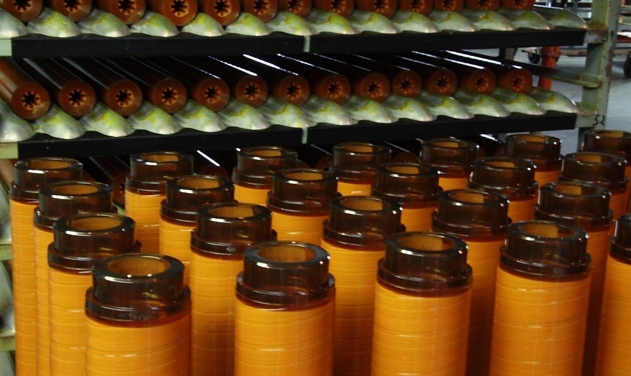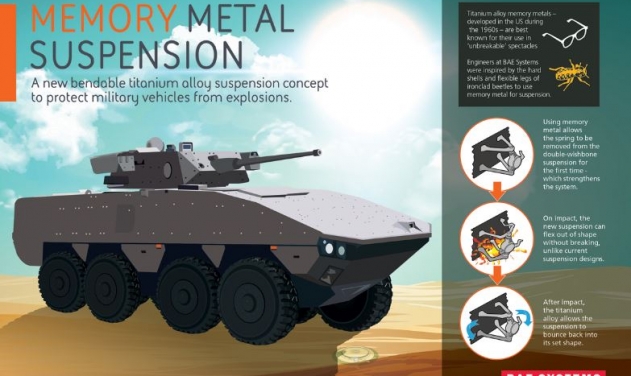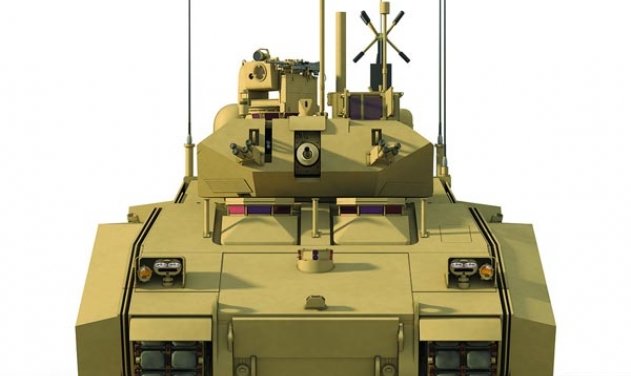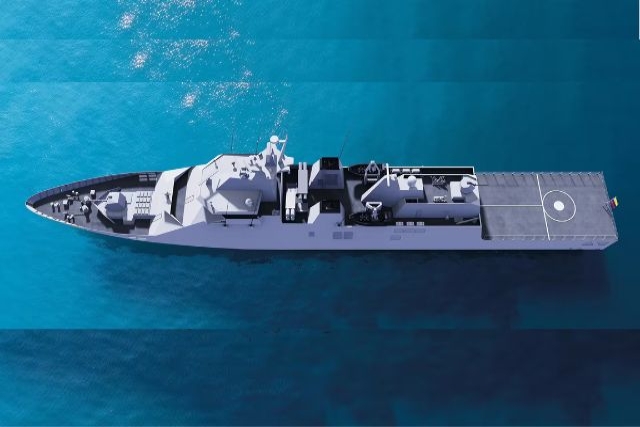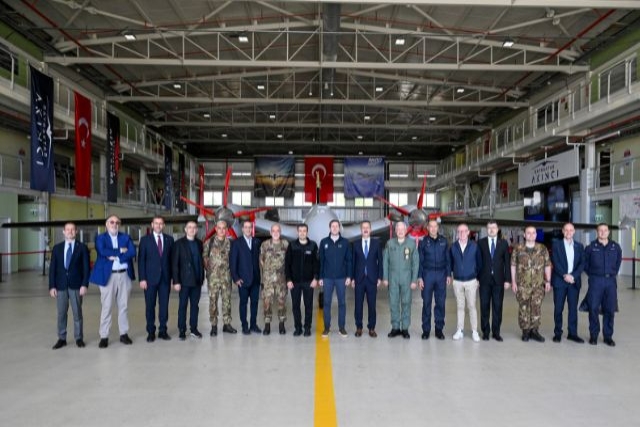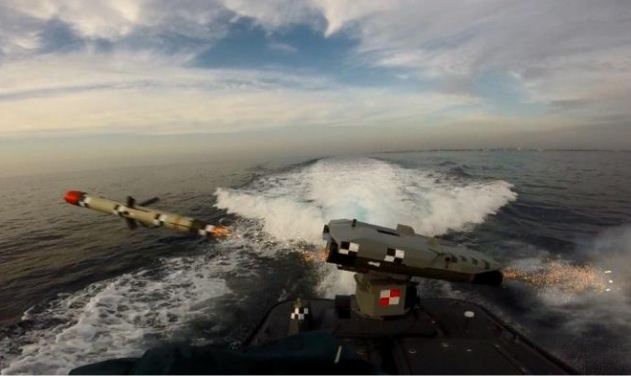BAE Systems Gears Up For Unmanned Aircraft Technologies Trials
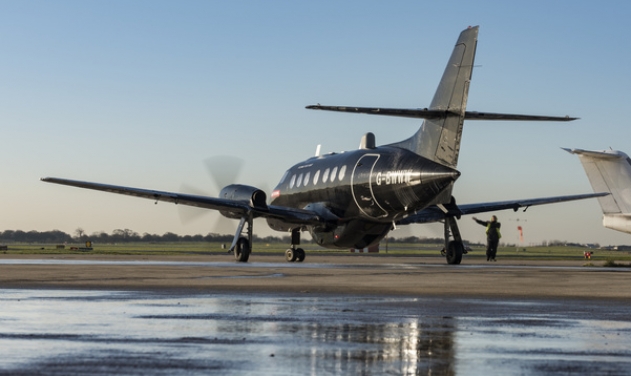
BAE Systems has geared up for unmanned aircraft technology trials using a Jetstream 31 turboprop airliner as a ‘flying testbed’ that flies itself whilst having pilots on board who could take control at any time.
The trials are being conducted to assess how autonomous air vehicles could be integrated in UK airspace, The company announced today.
The latest trials are self-funded by BAE Systems at a cost of around £400,000 and build on the findings of the ASTRAEA (Autonomous Systems Technology Related Airborne Evaluation and Assessment) Research and Development programme which ran from 2008-2013.
In a series of 17 flights, BAE Systems’ engineers aim to prove the capability, maturity and safe operation of autonomous air technologies controlled by a satellite-communications based link. This has the advantage of being globally available already and therefore enabling operations without the need for new infrastructure.
Also being tested are further developments of sensing technologies including aircraft and cloud avoidance using only camera input rather than radar. The results of the trials will inform the direction of the Company’s future unmanned aircraft programme and the suitability of testing unmanned aircraft in the UK.
The series of test flights involve a team of two engineers on-board whom together with air traffic control experts at NATS, assess the performance of the systems on the testbed.
Flights last 1.5 hours and are flying through non-congested airspace on a route from Warton to Inverness, Scotland covering around 300 miles and normally flying at 15000 feet.
A pilot and co-pilot are in control for take-off and landing but once airborne and in controlled airspace the Jetstream flies itself.
On the ground a flight test observer and a unmanned air vehicle commander, who is a fully licensed pilot for these trials, are monitoring the flights via satellite communications.
